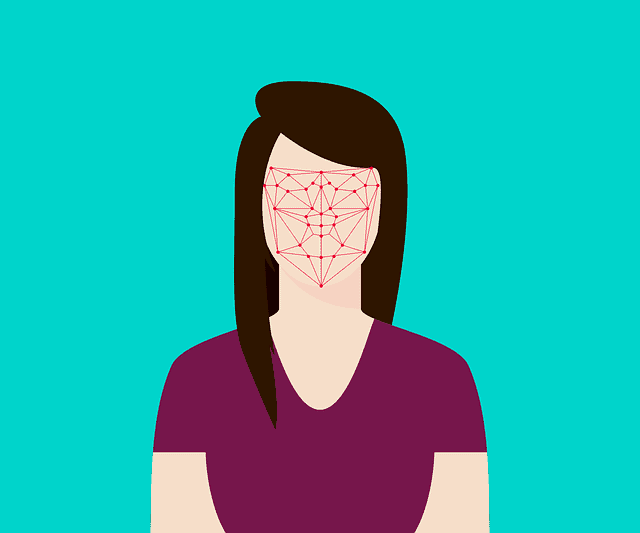A few hours ago, Facebook posted an “update” on facial recognition in Newsroom. At the entrance, which is signed by Srinivas Narayanan (responsible for this department), they affirm that from now on users will have more control over this technology.
Until now, Facebook only allowed us to enable or disable its facial recognition software for tagging in photos. With this update, users will have the ability to activate or deactivate facial recognition for a greater variety of uses (which have not yet been specified).
“This function provides an easy on and off switch for a wider set of facial recognition uses, such as helping you protect your identity on Facebook.”
A change that comes after problems with justice
Thanks to this technology, Facebook allowed us to know if another user has uploaded an image in which we appear or if another person has appropriated our profile image.
An important point is that they claim that, by default, facial recognition will be disabled for all new users, unless they decide to activate it. Those users who had this function activated will be deactivated.
As we can read on the ‘Photo tagging’ help page, if we deactivate this option the company “will eliminate your facial recognition pattern”. They also warn us that they will not use this technology to suggest that they tag us in photos:
“We will not use facial recognition to suggest other people to tag you in photos. This implies that they can still tag you in photos, but we will not suggest labels based on a facial recognition pattern.”
They also ensure that they will not share your face information with third parties, something that will remain in effect for as long as you have this feature activated. This point reminds us of all the controversy that applications such as ZAO are generating these days.
Precisely, last month the US Federal Trade Commission ruled against Facebook, determining that the use of its facial recognition technology without the consent of users “invades private matters individuals.”
This is a lawsuit dating back to 2015, when several Illinois users denounced the use of this technology and its automatic labeling function. By losing the appeal to dismiss this lawsuit, Facebook may have to compensate up to seven million users if it ends up losing.
